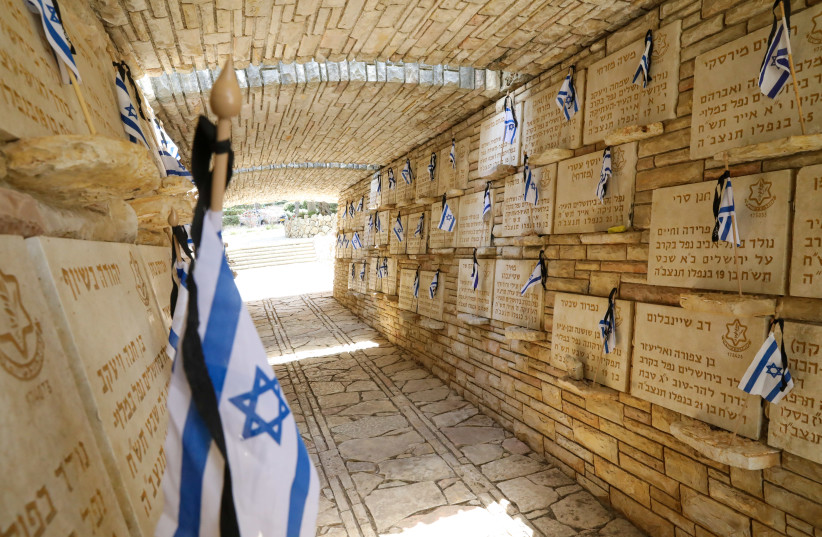I always thought the phrase “if it ain’t broke don’t fix it’” originated with my childhood hero, Harry Truman. Surprise, surprise it turns out that this popular phrase – which has been discussed and argued about more than one might realize – is more recent. It is usually attributed to Bertram Lance, the director of the Office of Management and Budget in Jimmy Carter’s White House. He was quoted in The Nation’s Business, the newsletter of the US Chamber of Commerce in May 1977:
Lance believes he can save Uncle Sam billions if he can get the government to adopt a simple motto: “If it ain’t broke, don’t fix it.” He explains: “That’s the trouble with government: Fixing things that aren’t broken and not fixing things that are.”
The point is actually more powerful than I had realized. If something is working reasonably well, tinkering with it in order to “improve” it might actually make things worse – and will certainly take the focus away from the (more) important task of fixing things that actually are broken.
Remembrance Day does not need to be “fixed” because “it ain’t broke.” On the contrary, Remembrance Day – this year beginning at night on May 3 – “works” perfectly fine. Indeed, it is actually one of the most “effective” memorial days in the world, when you think about it. We hear the sirens, we stop our cars and remain silent. It is hard not to be moved by entire highways, entire cities – indeed, an entire country – literally stopping (think of the game “freeze” from when we were kids) for two minutes in silent respect.
Furthermore, standing still isn’t just an emotional moment with little substance. In a country (unfortunately) beset by war and terror since its foundation in 1948, nearly every Israeli is connected in some way to a man or woman who fell in battle or was victim of a terror attack. (In 1998, Israel’s Remembrance Day was officially renamed “Remembrance Day for Fallen Soldiers and Victims of Terror.”) Almost all Israelis have served in the military and/or have relatives who are presently (or recently were) in the military. The IDF is simply part of Israeli culture and life. Remembrance Day is thus quite meaningful.

I’ve been present for numerous memorial days in different countries. While certainly important, and solemn, they never seemed (at least to me) to have the effect that Remembrance Day does.
But that is in Israel. What about Remembrance Day outside of Israel? What about the millions of Israel-supporters (Jewish and non-Jewish) outside of Israel? While it is hard to know for sure, it seems that most are quite disconnected from Remembrance Day. It may be on their calendar. If their kids are in a Jewish school, an assembly may take place. But that’s about it.
In other words, Remembrance Day seems to “work” quite well for those it was designed for: people physically in Israel when the sirens blare – those who get out of their cars on the highway and watch thousands of others do the same. It is hard not to be moved by the memories, and the day itself.
Remembrance Day certainly “ain’t broke” – but it is (mostly) limited, at least in impact, to those actually in Israel. Or at least, it was. Until the Yizkereim (honorisraelsfallen.com) project was launched in 2018. With Yizkereim, the impact of Remembrance Day is worldwide.
Spearheaded by Olami (the international Jewish education organization) and the Afikim Foundation, and in cooperation with the Diaspora Affairs Ministry, Yad Labanim and the IDF Widows and Orphans Organization, Yizkereim is a growing innovative project that helps “connect” Jews and supporters of Israel around the world to the people behind the day - those that fell.
On Yizkereim’s newly upgraded website (honorisraelsfallen.com), visitors can select a fallen hero randomly (more than 21,000 profiles already exist) or choose one by various filters and read a short few paragraphs about the person, see their photo and then – here is the most exciting part - choose an action to do in their memory:
Want to observe a moment of silence for them? Great. Click on that.
Want to say a chapter of Psalms in their memory? Great. Click on that.
Want to give tzedakah in their name? Great. Click on that.
Want to read a poem or a meaningful piece of prose? Great. Click on that.
Your visit can be as short – literally, the whole thing takes 60 seconds – or as long as you want: if you have more time you can download at no charge the impressive collection of reading materials, poems and prayers. It is up to you. Whatever you do is wonderful.
Actively honoring the person you choose (in whatever way you choose) makes the whole experience more real, personal and meaningful.
Remembrance Day was never broken, but it was mostly limited to those in Israel. With honorisraelsfallen.com, Jews and other supporters of Israel around the globe can connect to this important day in a whole new way.
The writer is a speaker and licensed tour guide.
